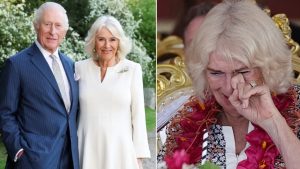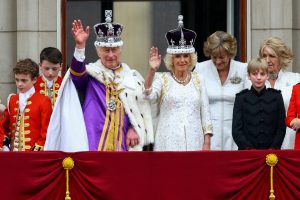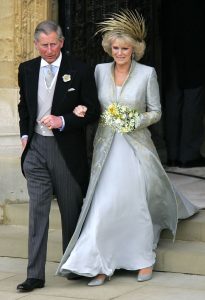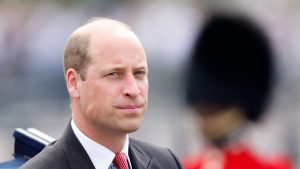Since ascending the throne in 2022 after Queen Elizabeth II’s passing, King Charles III has guided the monarchy through a period of quiet transformation. At 73, he became the oldest British monarch to take the crown, bringing with him a deep commitment to service, modernization, and causes like climate action and interfaith dialogue.

In early 2024, the Palace confirmed King Charles had been diagnosed with cancer. While the exact type wasn’t disclosed, it was caught early. He reduced public appearances during treatment but remained active behind the scenes—reviewing state documents, meeting the Prime Minister, and fulfilling ceremonial duties. By spring 2025, he returned to select public events, showing steady resilience and dedication.

Despite persistent online rumors, there is no truth to claims that King Charles has abdicated or plans to do so. Reputable outlets like the BBC and Associated Press confirm that he remains on the throne and has expressed no intent to step down. In fact, abdication is extremely rare in British history.

Prince William, the Prince of Wales, has taken on more visible responsibilities—often stepping in during his father’s recovery—but he has not assumed the crown. His growing role reflects a natural transition and preparation for the future, not a handover of power.

As public expectations of the monarchy evolve, King Charles leads with quiet strength and purpose. His reign so far is defined not by drama, but by a deep sense of duty and the steady presence of a royal family committed to service—even in times of change.





